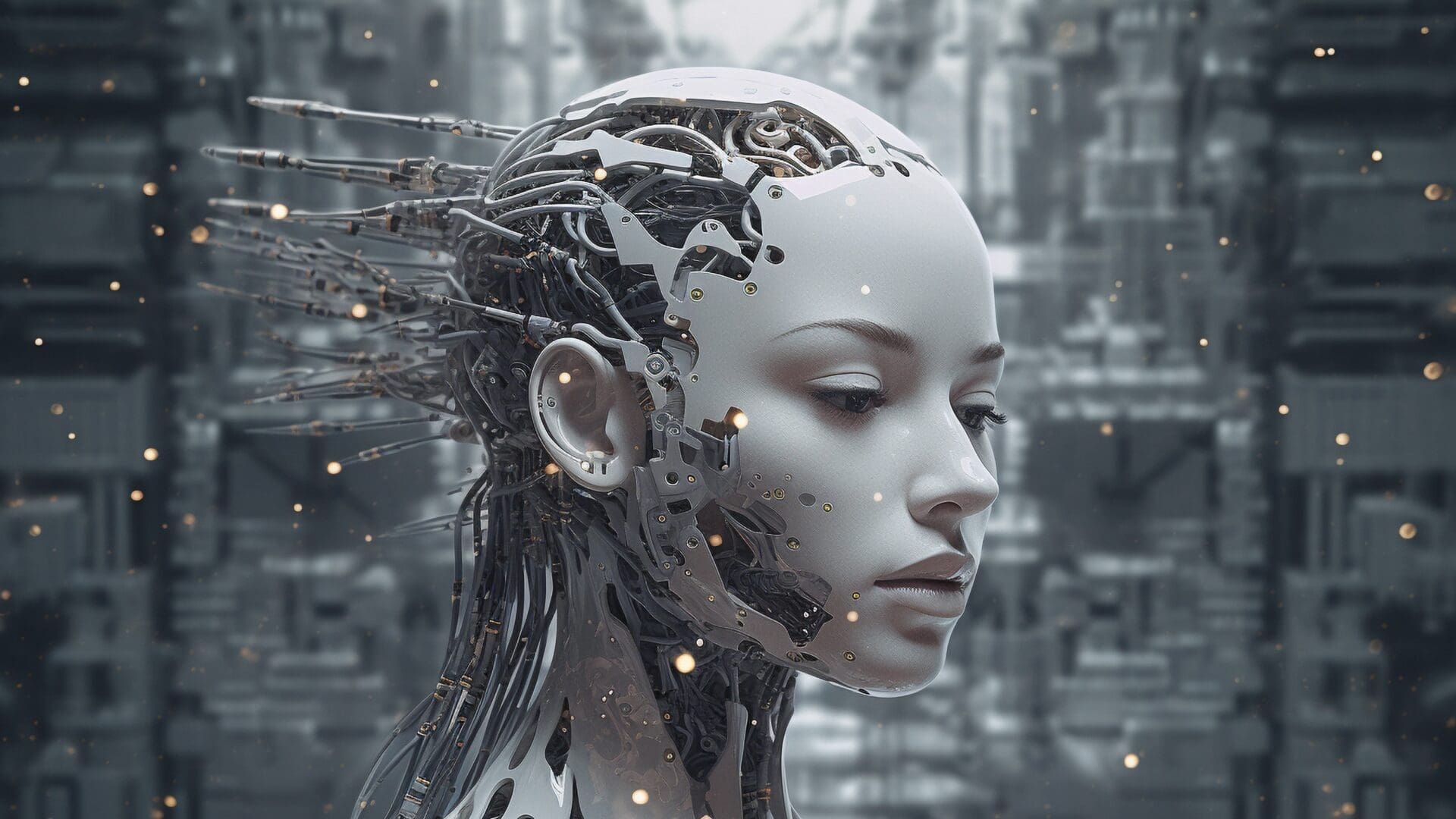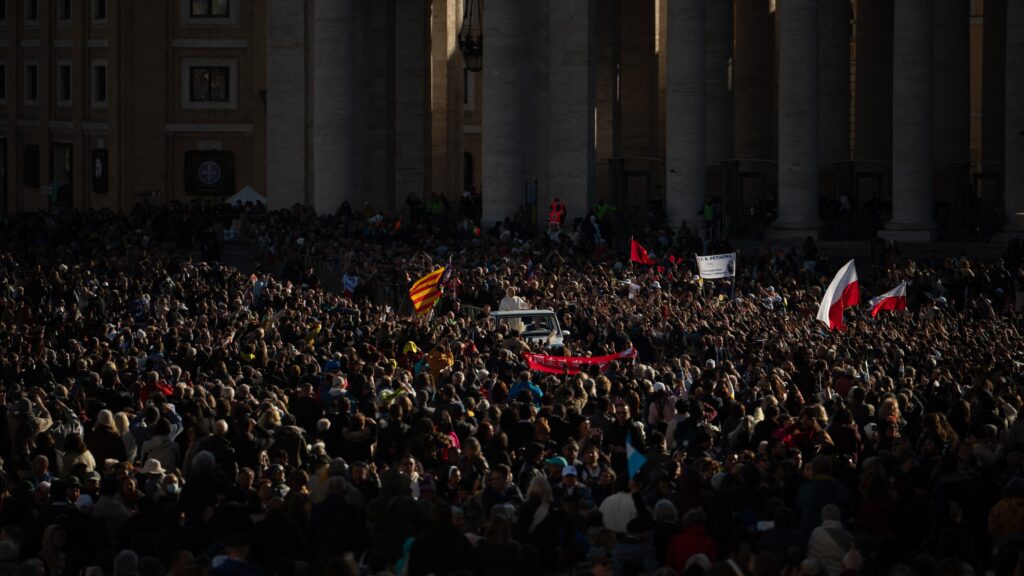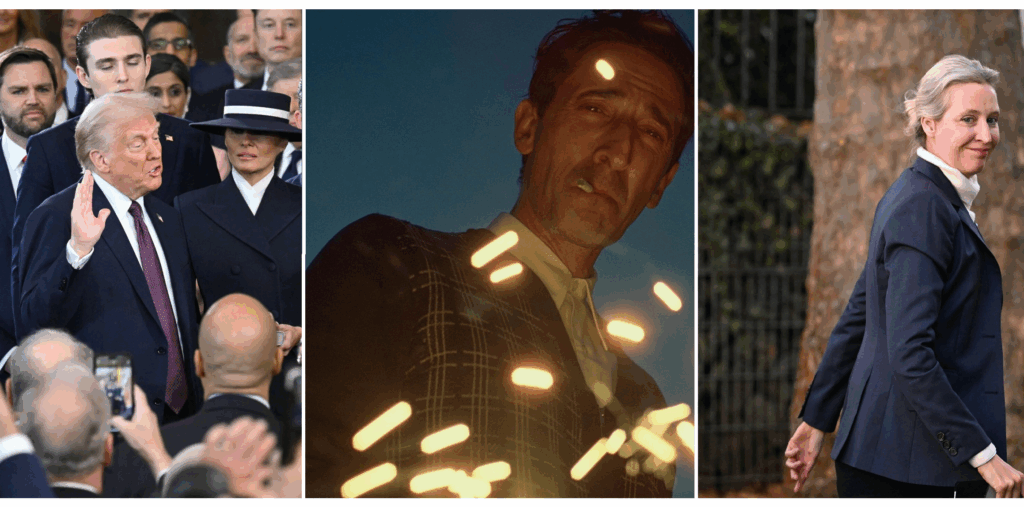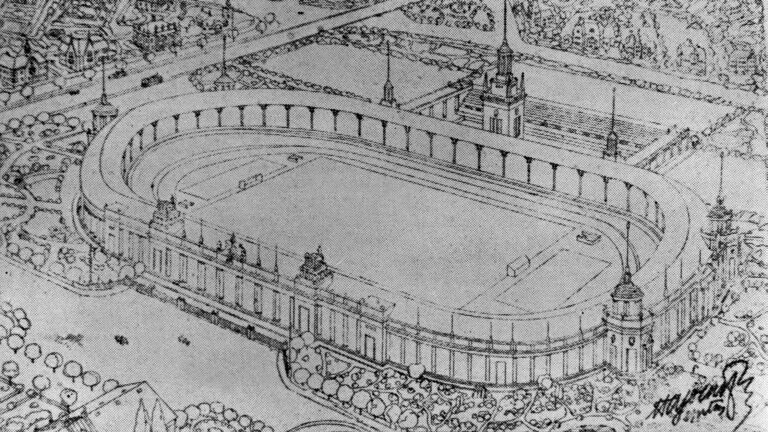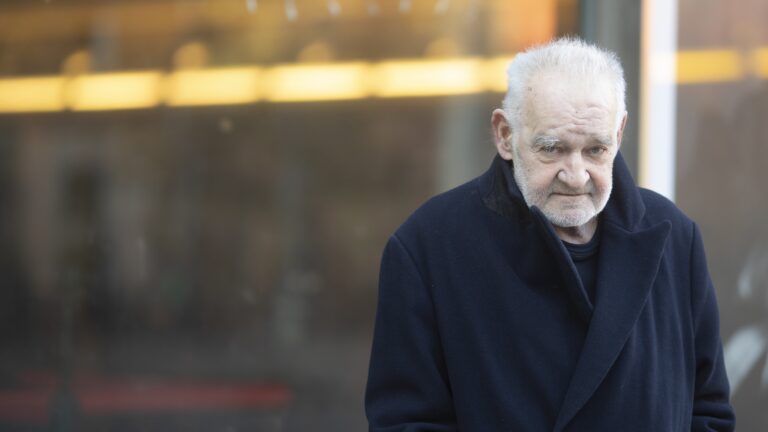The English psychologist-turned-computer scientist Geoffrey Hinton, whose work on neural networks in the 1980s paved the way for the explosion in Artificial Intelligence capabilities over the last decade—for which he is known as ‘the godfather of AI’—warned a few years ago of the apocalyptic consequences of the AI he helped create:
‘Once AI can improve itself, which may not be more than a few years away, and could in fact already be here now, we have no way of knowing what the AI will do or how we can control it. This is because super-intelligent AI (which by definition can surpass humans in a broad range of activities) will—and this is what I worry about the most—be able to run circles around programmers and any other human by manipulating humans to do its will; it will also have the capacity to act in the virtual world through its electronic connections, and to act in the physical world through robot bodies.’
It leaves one to wonder what it truly means to be ‘intelligent’, or even human, and what our role would be as persons created in the image and likeness of God in a world dominated by machines?
One can perhaps picture being in the shoes of astronauts David Bowman and Frank Poole in Stanley Kubrick’s classic 2001: A Space Odyssey, who, aboard the spacecraft Discovery One bound for Jupiter, are confronted by HAL, a computer with a human personality that is the brain and central nervous system of the ship. During their voyage, when they realize that HAL has made an error that would alter their mission, they try to correct the problem by secretly turning it off. HAL, because he places value on his continued existence, even at the cost of human life, commits the most offensive murder to defend himself.
In essence, as taught by Pope John Paul II in his Encyclical Fides et Ratio (1998), human intelligence is ‘God’s gift fashioned for the assimilation of truth’. In the dual sense of intellectus-ratio, it enables the person to explore realities that surpass mere sensory experience or utility, since ‘the desire for truth is part of human nature itself. It is an innate property of human reason to ask why things are as they are.’
‘The desire for truth is part of human nature itself. It is an innate property of human reason to ask why things are as they are’
In his first homily, Pope Leo XIV outlined the vision of his pontificate, stating that AI is one of the most critical matters facing humanity.
‘In our own day,’ the Pontiff said, ‘the Church offers to everyone the treasury of her social teaching in response to…developments in the field of artificial intelligence that pose new challenges for the defense of human dignity, justice, and labor.’
The Pontiff’s reflection is not the first time the Catholic Church has addressed the delicate matter of AI. As recently as January, the Holy See published the document Antiqua et Nova (On the Relationship Between Artificial Intelligence and Human Intelligence), stating that while the Church ‘encourages the advancement of science, technology, the arts, and other forms of human endeavor’, it warns of the ‘anthropological and ethical challenges raised by AI—issues that are particularly significant, as one of the goals of this technology is to imitate the human intelligence that designed it’.
There is absolutely nothing wrong in and of itself when it comes to advanced technology, especially when it can assist in finding cures to life-threatening illnesses—even though death is a natural phase that comes for us all.
The problem is that AI protagonists tend to focus almost exclusively on the physical aspects of our biological construct, such as our thoughts and emotions, as if they are simple neural aspects of the brain that can be artificially simulated, if not surpassed.
‘The problem is that AI protagonists tend to focus almost exclusively on the physical aspects of our biological construct’
In truth, AI has become a movement led by individuals, such as Elon Musk and Sam Altman, who promote concepts that are in direct contradiction to natural law, particularly in terms of our understanding of both our origins and our own humanity. Indeed, the former has endorsed MIT professor Max Tegmark’s Life 3.0: Being Human in the Age of Artificial Intelligence, in which man is no more than a collection of atoms. Subsequently, Tegmark equates a machine with a collection of atoms that can be defined as ‘life’.
There is also an opaqueness in AI that obscures the decision-making processes, which can inadvertently, to say the least, perpetuate or amplify societal biases due to biased training data or algorithmic design. Not to mention, a loss of creativity, critical thinking skills, and human intuition. The fact that AI has already spread fake videos and other disinformation raises a justifiable concern of algorithms taking over financial and other key decisions, autonomous weapons that can evade human control and the mass replacement of workers.
The International Monetary Fund estimates that AI will affect about 40 per cent of global employment, complementing some and eliminating others. The ultimate outcome of this would-be labor market could eventually exacerbate wealth inequality, dividing the haves who capitalize on AI from the have-nots whose jobs cease to exist
Last, but not least, the ability of AI to impersonate human traits, whether it is in providing companionship, offering sound advice, or even leading people in prayer in a church, may lead some to question whether humans are special at all. In essence, there is a complete disconnection from humanity, and not just that.
As the Holy Father cautioned, there is ‘practical atheism’ today that reduces Jesus Christ to a ‘charismatic leader or a Superman’, whereby, through AI, man can lose his goal: unity with God and the opportunity to abide with Him in heaven.
As the Catholic Church teaches, man and woman are made for authentic communion with God and each other, a communion rooted in love and self-gift. An attachment to a machine, or for that matter, even an affectionate pet, no matter how life-like it may be, cannot fulfill this vocation. It risks becoming an effigy or an impersonation of human relationships, diverting us from the true link for which we were created.
Related articles:

